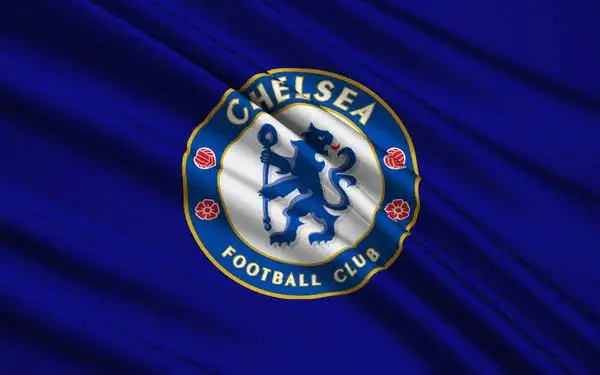Chelsea’s transformation under Enzo Maresca’s leadership has shown hints of promise and ambition, although it is still very much a work in progress.
Last season, Chelsea endured a challenging start to their Premier League campaign, finding themselves in 11th place after the first ten matches, with only 12 points accumulated.
This sluggish beginning reflected a team in the midst of adjusting to a new manager and adopting a different tactical vision.
Moving into the current season, signs of progress are emerging.
Chelsea has risen to fourth place, securing 18 points over their first ten league games.
While they have not yet entered discussions as title contenders, particularly when compared to dominant teams like Manchester City and Liverpool, the improvement is clear.
Both City and Liverpool benefit from well-established squads with years of built-up chemistry, while Maresca’s Chelsea project is still in its infancy.
Nevertheless, the upward trajectory suggests that the foundation for a more formidable team could be taking shape.
For Chelsea to transform this potential into a genuine title challenge, owner Todd Boehly’s patience and support for Maresca’s long-term plans will be crucial.
Given time, the relatively young squad could develop the kind of chemistry and cohesiveness needed to compete at the highest level.
Maresca appears focused on fostering internal growth and nurturing talent, an approach that could make a title push more attainable if Chelsea commits to this developmental strategy.
However, there are dissenting voices questioning whether Chelsea’s current path will lead to Premier League glory.
Football analyst Robbie Savage has expressed doubt, pointing specifically to Chelsea’s goalkeeping situation as a critical flaw.
According to Savage, if Chelsea is serious about competing for the title, they must address their goalkeeper position.
He has described Robert Sanchez as a “seven out of 10” goalkeeper, implying that while capable, Sanchez may not be up to the standard required for a team with championship ambitions.
Savage emphasizes that successful title-challenging sides often rely on elite goalkeepers who can bring confidence and stability to the defense.
These concerns stem from recent displays that have put Sanchez’s reliability under scrutiny.
In a 2-1 loss to Liverpool, for instance, Sanchez’s poor positioning contributed to the defeat, costing Chelsea valuable points.
More recently, a penalty conceded during a match against Manchester United raised further questions about his composure in high-pressure scenarios.
Despite Chelsea’s £25 million investment to acquire Sanchez following his demotion at Brighton, his performances have not consistently lived up to expectations.
Given the circumstances, Savage suggests that instead of seeking another high-cost goalkeeper signing, Chelsea might benefit from exploring internal options.
The club has promising young goalkeepers in their ranks, and nurturing this talent could be a more sustainable solution than repeatedly turning to the transfer market.
Developing a future star from within the club’s own system could provide the qualities needed for long-term success in the Premier League.
This philosophy aligns with Maresca’s broader vision of constructing a cohesive and resilient team, emphasizing stability and growth over quick fixes.
Building from within could establish the kind of dependable last line of defense Chelsea requires, whether through Sanchez or a rising talent from their development squad.
Ultimately, Maresca’s success with Chelsea might depend on his ability to create a balanced team that includes a trustworthy goalkeeper, capable of challenging the league’s top clubs and competing for titles.
The focus on consistency and a strong defensive foundation will be pivotal for Chelsea’s hopes of joining the Premier League elite and competing on equal footing with the established giants.
